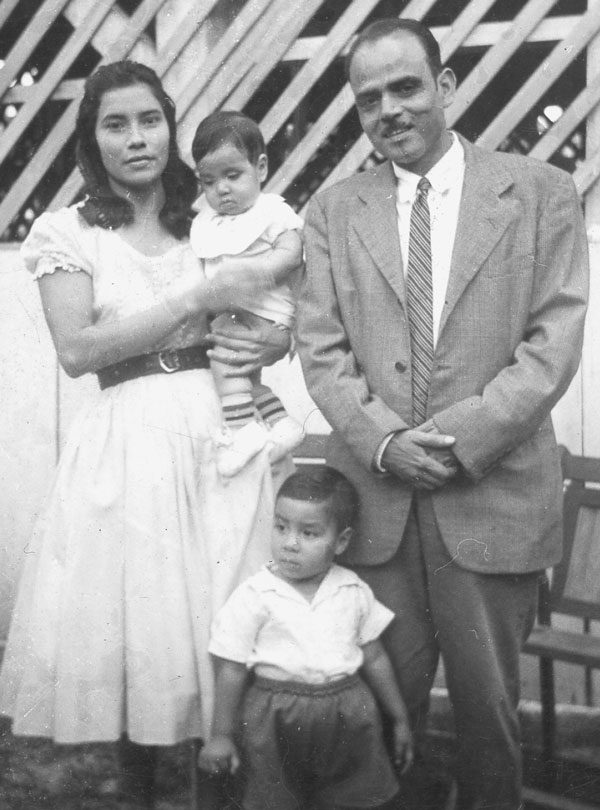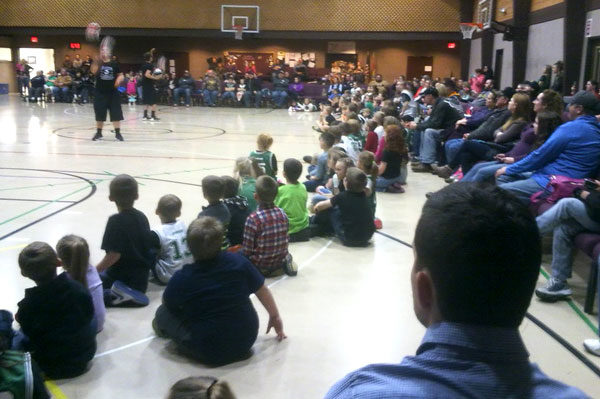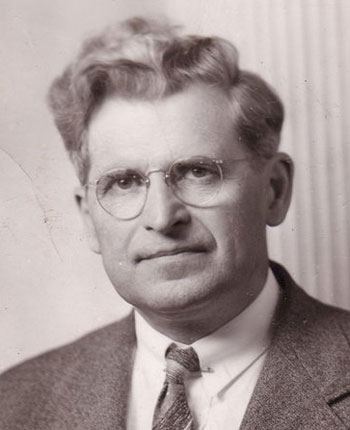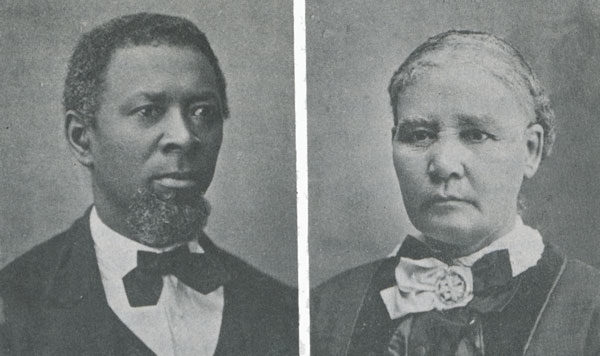07 Mar Update on Linda Smith
 On Monday, March 6, Linda Smith was taken to the Hillsdale Hospital (Hillsdale, Mich.) with what appeared to be stroke-like symptoms. Doctors determined that Linda is experiencing some type of brain bleed, and she was transported to a hospital in Kalamazoo. The Smith’s pastor the Hillsdale UB church.
On Monday, March 6, Linda Smith was taken to the Hillsdale Hospital (Hillsdale, Mich.) with what appeared to be stroke-like symptoms. Doctors determined that Linda is experiencing some type of brain bleed, and she was transported to a hospital in Kalamazoo. The Smith’s pastor the Hillsdale UB church.
Bishop Todd Fetters received this update Tuesday afternoon (March 7) from Tamar Eisenman, daughter of Les and Linda.
“Good news today. Linda’s vitals are still good. They just woke her up, and she is able to respond with head nods and simple movements like wiggling her toes when asked. They have turned down the breathing machine, and she is beginning to breath more and more on her own. If her own breathing gets stronger, they hope to be able to take out the breathing tube later today.
“Still don’t know the cause of the brain bleed or the extent of the harm, but she got an MRI and we should know the results by 5:30 tonight. We’re asking for no visitors at this time. She’s at high risk for another brain seizure, so we’re trying to keep mental stimulation to a minimum. Dad and I want to thank our UBIC family for your understanding, care, and prayers!”
Later Tuesday night, Bishop Fetters received this update from Tamar:
“The MRI results ruled out some possible causes of the brain bleed/hemorrhage, but still didn’t determine the cause. She will have an angiogram either tomorrow or the next day that will hopefully give a reason. They are waiting on the angiogram because they want to space out how many brain scans she’s getting.
“Good news: her EEG showed no more seizures in her brain. Also, she’s no longer under sedation. She instantly is able to respond to questions with head nods and can also move her toes, legs, hands and arms when asked. When asked if she was in pain, she shook her head “no.” All good signs. We were hoping the breathing tube would be removed today, but she’s still too drowsy. Please pray she’ll be able to stay alert and awake so doctors know she can breathe on her own and then remove the breathing tube. Lastly, tonight she had a higher temp of 101–not too bad but please pray against infection.
“A praise: When the Residence Inn in Kalamazoo heard about mom, they gave Dad and I a two bedroom, 2 bathroom suite with a full kitchen for over 50% off. They also gave us a gift bag full of goodies & a very nice card.”



 Throughout 2017, as we celebrate the United Brethren denomination’s 250th anniversary, we are looking at events throughout our history.
Throughout 2017, as we celebrate the United Brethren denomination’s 250th anniversary, we are looking at events throughout our history.